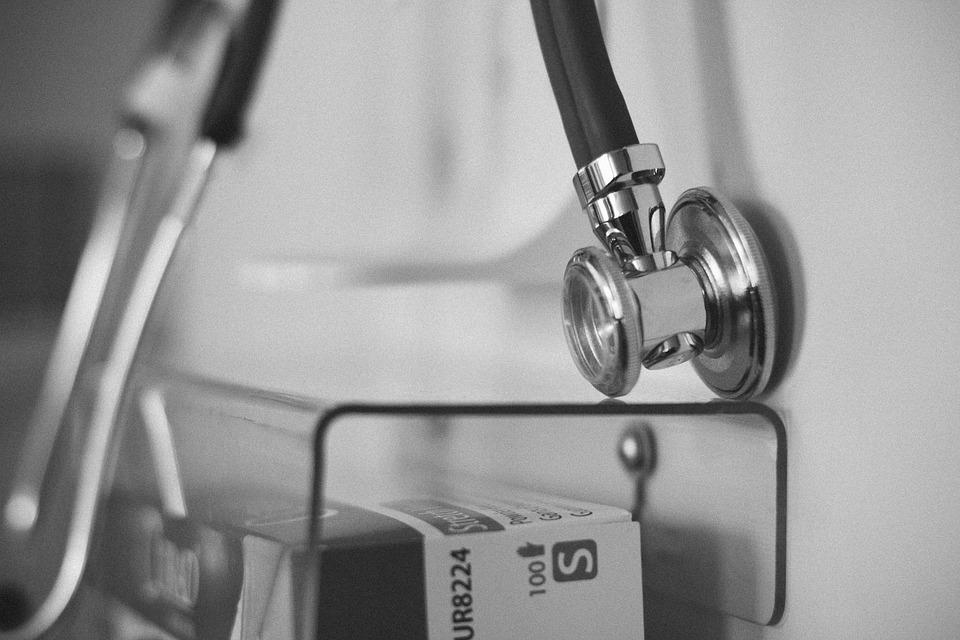
Malpractice is represented by a medical mistake, a professional negligence that could have been initially avoided and that has as a main consequence affecting a person’s health, medical integrity or even the death of the person. When someone is subject to a medical malpractice case, there are a few steps to follow, one of these steps being represented by hiring a personal injury lawyer. It is important to understand that the law differs from one state to another, which means medical malpractice may be handled differently. Also, medical malpractice is not limited to doctors, but it extends to dentists, nurses or entire hospitals. Here are some other things you might want to know about medical malpractice:
Can litigation be resolved amicably?
If the person injured, the insurer and the insured cannot reach a consensus regarding the guilt of the insured, the amount and the way of payment of the damage caused by an act of malpractice, then the injured person must resort to the court to obtain indemnities. However, the case can be resolved without taking it in court. This has to do with settling the entire dispute in an amicable way. Damages that were resulted from an act of malpractice can be resolved amicably when both parties involved understand the situation, meaning that the doctor or hospital that committed the malpractice will have to acknowledge the mistake and agree on the compensation set by the injured person. Unfortunately, such situations are very rare and malpractice cases must be taken to court.
How is medical malpractice handled in court?
First of all, the injured person must hire a medical malpractice attorney, who is the only one who can handle such situations. The burden of proving that a doctor or a medical institution is responsible for malpractice is quite difficult and it can only be handled by a professional. Once the lawsuit begins, you need to involve active effort into winning it. The medic or medical institution will be notified about the medical malpractice case when the summons is delivered.
In other states, a notice of intent to sue is sent before the summons, giving the institution or physician time to prepare for the lawsuit as well. In 30 days, the physician or institution must answer to the summons. Otherwise, the court will file an entry of default against the physician. The attorney of the medical institution or physician will come up with defense plans to the lawsuits which may prove useful in court. This is the reason why medical malpractice cases must always be handled with the help of an attorney. Cambre & Associate LLC states the importance of having such a lawyer hired as soon as possible, so that the case can end positively.
Doing your research
There are many exceptions you need to consider when accusing a physician or a medical institution of malpractice. Not any error in diagnosing or treating a person is a case of malpractice, even though people might believe that in the first place. Misdiagnosis can be established based on patient-to-patient communication shortcomings, false answers to symptom questions or previous medical conditions that weren’t mentioned during the diagnosis. A possible erroneous diagnosis and the application of the related treatment does not attract the medical responsibility of the doctor or medical institution.


